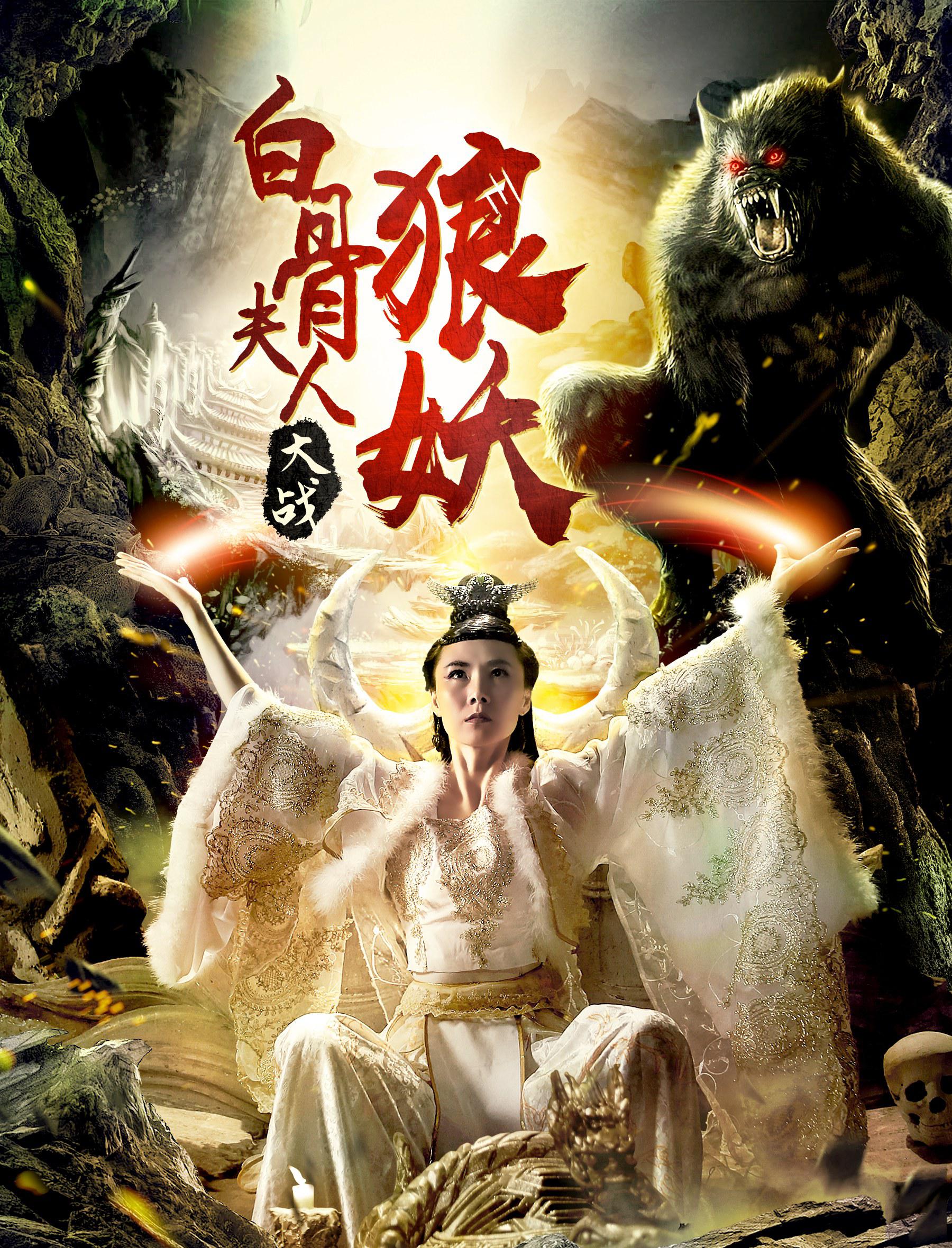

Recognizing the wife he had abandoned, Zhang felt such shame that he threw himself into the kitchen hearth, not realizing that it was lit. Upon hearing him apologize, Zhang's former wife told him to open his eyes and his vision was restored. As he shared his story, Zhang Lang became overwhelmed with self-pity and the pain of his error and began to weep. She cooked him a fabulous meal and tended to him lovingly he then related his story to her. Despite his shoddy treatment of her, she took pity on him and invited him in. Once, while begging for alms, he happened to cross the house of his former wife. He became blind, and his young lover abandoned him, leaving him to resort to begging to support himself. He left his wife to be with this younger woman and, as punishment for this adulterous act, the heavens afflicted him with ill fortune.

He eventually became married to a virtuous woman but ended up falling in love with a younger woman. Zao Jun was originally a mortal man living on earth whose name was Zhang Lang. Though there are many stories on how Zao Jun became the Kitchen God, the most popular one dates back to around the 2nd century BC. The Stove God has had many origin stories told about him. The Jade Emperor, emperor of the heavens, either rewards or punishes a family based on Zao Jun's yearly report. It is believed that on the twenty-third day of the twelfth lunar month, just before Chinese New Year, the Kitchen deity returns to Heaven to report the activities of every household over the past year to Yu Huang Da Di (玉皇大帝), the Jade Emperor.

Under different names, he is also celebrated in several other Asian religions. The Kitchen God is recognized in Chinese folk religion, Chinese mythology, and Taoism. The kitchen deity – also known as the Stove God, named Zao Jun, Zao Shen, Tsao Chun, Zao kimjah, Cokimjah or Zhang Lang – is the most important of a plethora of Chinese domestic gods that protect the hearth and family.


 0 kommentar(er)
0 kommentar(er)
